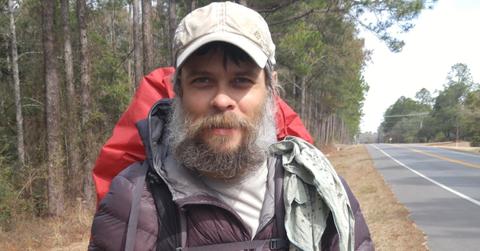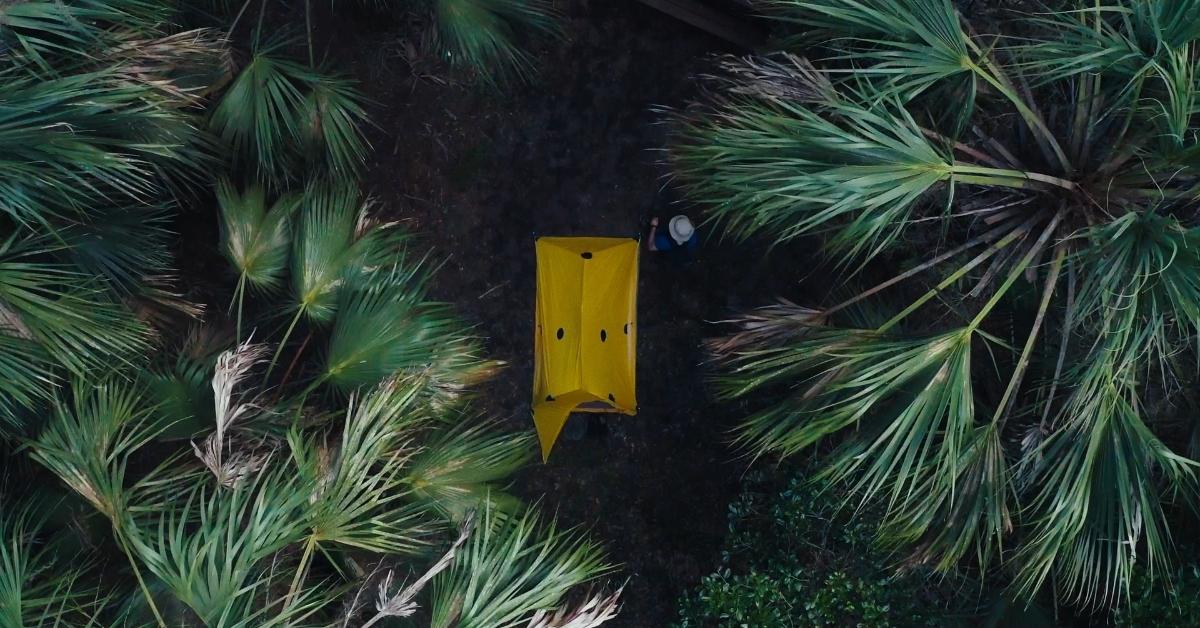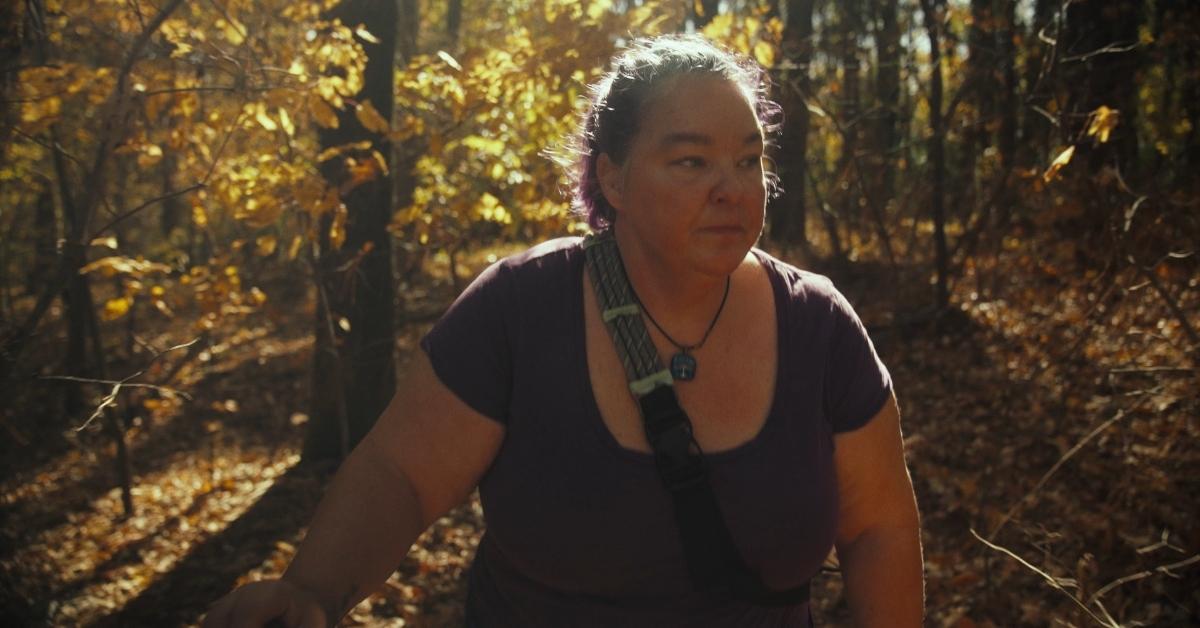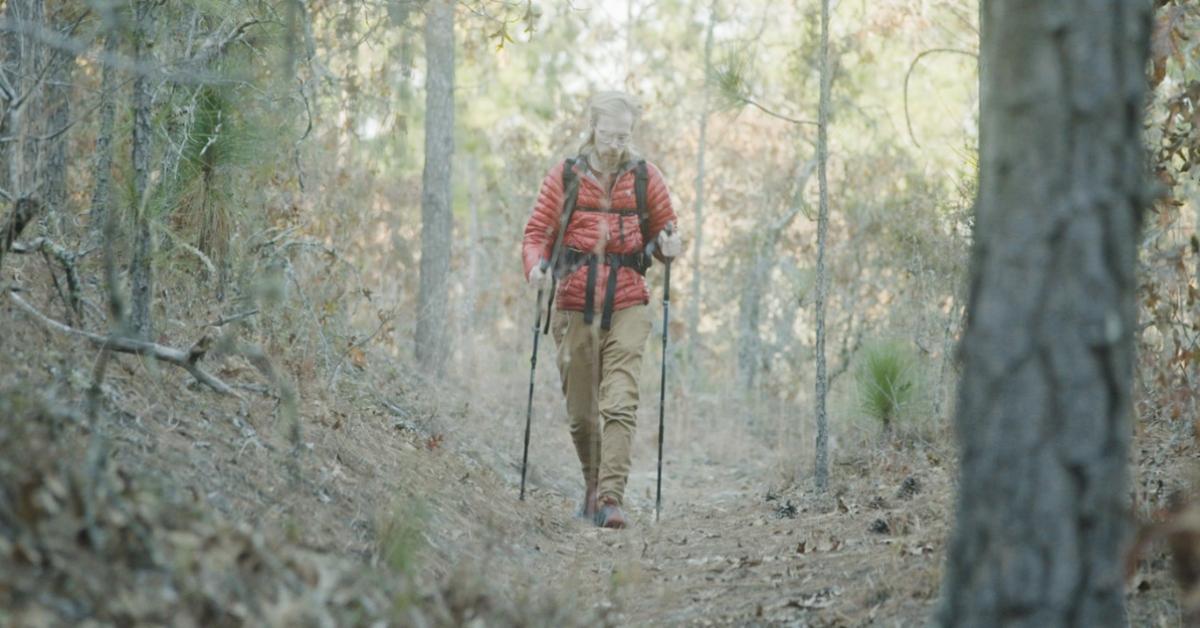Vance Rodriguez Had a Strained Relationship With His Family, Including His Twin Sister
Published Feb. 9 2024, 3:38 p.m. ET

According to the New York Post, "David Paulides, founder of the North America Bigfoot Search, launched a database of wildland disappearances that occurred under 'mysterious circumstances.'" He estimates that roughly 1,600 people were missing in the wild as of July 2020. It can happen to anyone, as noted by the fact that actor Julian Sands died in January 2023 while hiking in the Mount Baldy area. His body was discovered six months later, but a cause of death couldn't be determined.
In July 2018, a man's body was discovered in a tent by two hikers in Big Cypress National Preserve. According to Wired, police weren't able to identify him which kicked off a massive civilian search headed by cyber sleuths. Two years after his body was found, the man known as Mostly Harmless was identified. His name was Vance Rodriguez and revealing information came to light. He had a disturbing dating history and a strained relationship with his family, including his twin sister.

Vance Rodriguez never spoke to his family, not even his twin sister.
After Rodriguez was identified, details about who he was were shocking to those who spent years trying to identify him. During that time, he was mostly a blank piece of paper that people looking for him could project upon. Everyone saw the best in a man they knew nothing about. Sadly, the truth was darker than fiction.
Wired's Nicholas Thompson discovered that Rodriquez was born near Baton Rouge in February 1976. He had two siblings, an older brother and a twin sister. When the cyber sleuths began interviewing other hikers who met Rodriguez out on the trails, a couple of them remembered him mentioning a twin sister who lived in Sarasota or maybe Saratoga. When it came to interacting with other hikers, Rodriguez was always very private.
The people Rodriguez knew growing up weren't privy to much beyond what he shared with strangers in the wild. Friends from his childhood were vaguely aware that Rodriguez's father did something to hurt him, but no one knew any details. At age 15, Rodriquez went to a field and tried to end his life by shooting himself in the stomach. However, he decided he wanted to live and was able to get help. This resulted in a gnarly scar on his stomach that fascinated cyber sleuths who initially thought it was cancer-related.

One of the people who was able to help identify Rodriguez was a woman who asked to be called Maria. She lived with Rodriguez when he was in his early 20s, a few years after he was emancipated from his parents at age 17. She told Wired that this decision stemmed from the fact that they had him institutionalized after the suicide attempt. When Wired reached out to his family two weeks after he was identified, the only person to respond was his twin sister who said, "My family has no comment."
Vance Rodriguez was allegedly abusive to some of his former girlfriends.
While living in Baton Rouge, Rodriguez dated a woman for five years who took to Facebook after they broke up. "Apartment 950 a month / bills 300 a month / Standing up to the monster that beat you up emotionally and physically for 5 years? Priceless," she wrote. Once Rodriguez's body was identified, that woman's mother commented under a post about it: This man was so abusive to my daughter, he changed her.

Hiker Brandon Dowell spent some time with Rodriguez on the trails
When Rodriguez was living in New York City in 2013, he met a woman who goes by K. She was going to school in upstate New York but she was finished, they moved in together in the city. Initially, he was a great boyfriend but soon turned inward. His behavior became increasingly torturous, doing things like locking K out of their apartment and keeping a log of every time she had a PTSD-related panic attack from a time a "terrorist set off a bomb on West 23rd Street in Manhattan."
There's so much to pull out of this story but in particular, it highlights a glaring issue with true crime. The genre tends to frame victims in a perfect light, which is lacking in nuance and context. The very things people argue for, humanizing a victim, they take away by rendering them one dimensional. Rodriguez was layered and complicated, like all humans, and his death didn't erase his faults and mistakes. Nor did it highlight his accomplishments. It simply showed the world who he was.